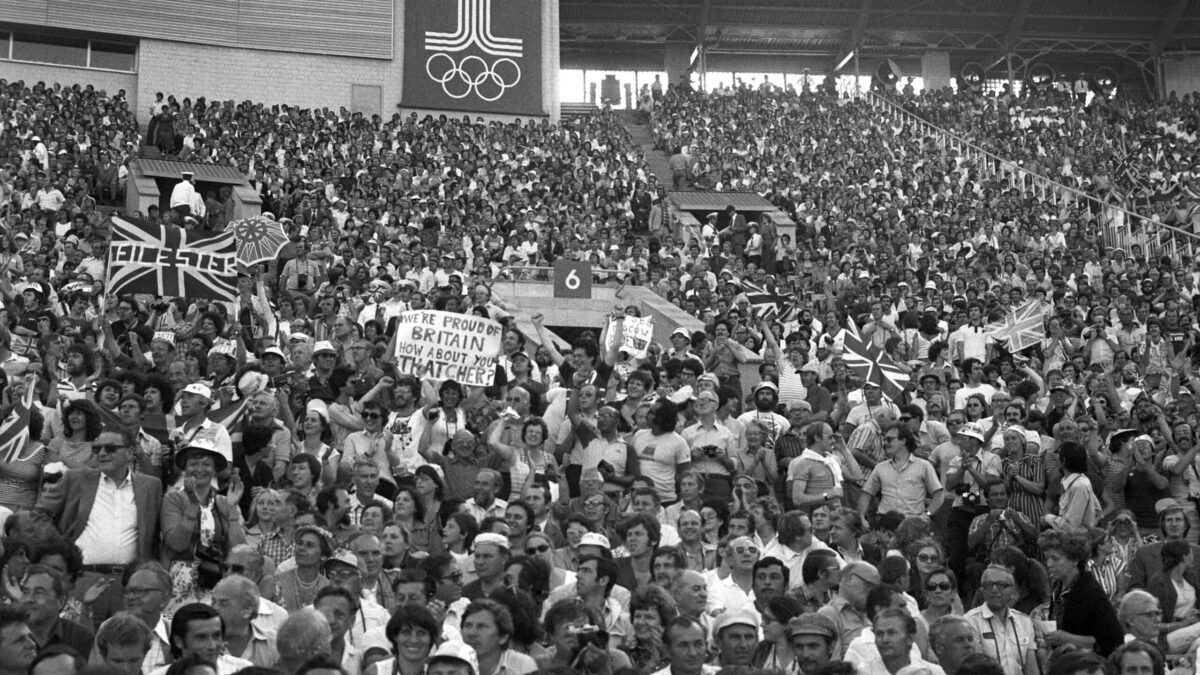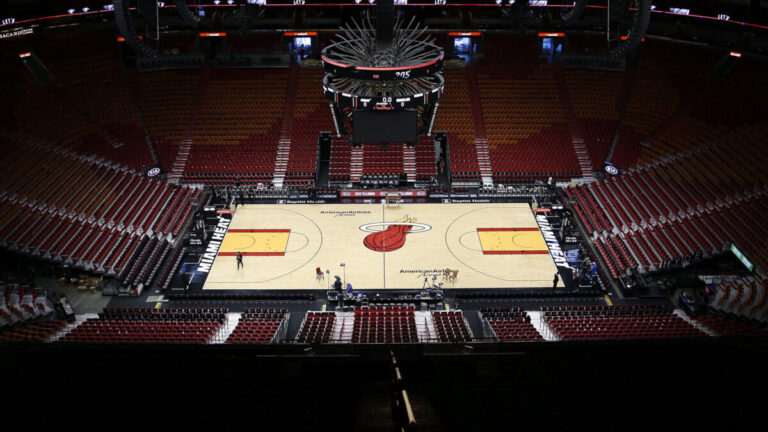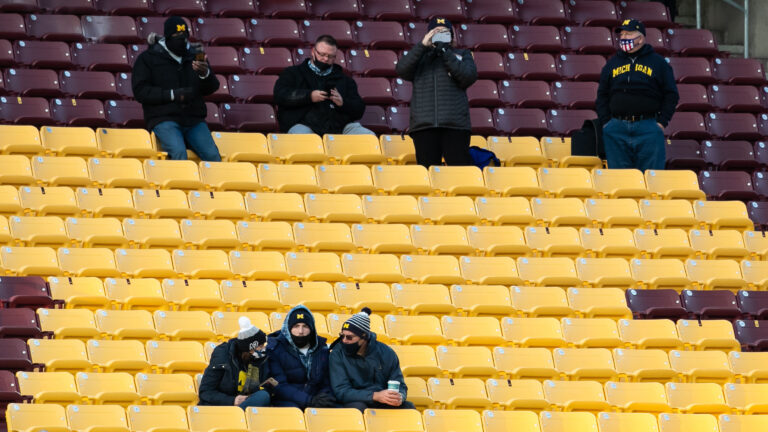When Sport & Politics Intersect
Why this matters
As Election Day 2020 draws near we decided to take a look back on history when sport and politics, collided.
Throughout much of the history of the United States, sport and politics have often been two sides of the same coin. Both require competing teams with players who have meticulously trained. There needs to be a viewing audience (even if not a live gate) full of devoted fans and haters. There needs to be a winner, and there needs to be a loser. Politics and sport often intersect as well, and as we have seen related to the Covid-19 pandemic the question is often a version: can the games be played safely, or should the games be played?
Historically, one of the first American presidents to intervene in sport was Theodore Roosevelt. A dedicated outdoorsman, Roosevelt spent his time hiking, hunting, and playing football. At the time, football was played without any protective equipment making it a brutal and often deadly sport. There were, as there have been forever, calls for the sport to be banned. Following a season of multiple on-field deaths and severe injuries Roosevelt invited, among others, the presidents of Yale, Harvard, and Princeton to the White House in 1905 where he led a discussion about how to improve regulations for football to prevent injuries and fatalities.
Thirty-seven years later, President Franklin Delano Roosevelt followed in the footsteps of his distant cousin predecessor and made his own impact on American sport. After Pearl Harbor, baseball commissioner Judge Kenesaw Mountain Landis wrote FDR asking whether or not baseball would continue given that the United States just entered World War II. FDR responded with the “green light letter” in which he wrote, “I honestly feel that it would be best for the country to keep baseball going.” He trusted that the commissioner and league would handle the military draft with “complete justice.” He believed that the American people needed an outlet and some semblance of normal life.
So there is a bit of a theme regarding the continuation of sport and leaders interjecting their viewpoints. This was certainly seen recently at the highest level where President Donald Trump urged the return of sport and at state and local levels where there have been mandates to both ends and begin sport on the youth and college levels.
GSI National Snapshot Poll Reveals President's Big Ten Statements Aren't Swaying Voters
Even though sports have continued throughout struggles on the national level, intervention through sport has occurred at several points in international relations. In 1979, the Soviet Union invaded Afghanistan which prompted President Jimmy Carter to call for a boycott of the 1980 Olympic Games in Moscow. The administration garnered solidarity from allies including Great Britain, Canada, West Germany, Chile, and Haiti. In total, 65 countries refused to participate in the games. The U.S. House of Representatives and the U.S. Senate also passed measures to approve the boycott. While the decision to send athletes relied on the U.S. Olympic Committee, the entity respected the boycott and no American athletes participated in the games. The athletes who were to play in those games? They brought suit, unsuccessfully, against President Carter seeking to be able to compete in their once in a lifetime opportunity.
While sport has been used as a tool for international relations, some presidents have also passed specific policies that address issues within national sport. In his 2004 State of the Union address, President George W. Bush highlighted the illegal use of performance-enhancing drugs (PEDs) that was becoming endemic in American sport. “To help children make the right choices, they need good examples,” he said. “I call on team owners, union representatives, coaches, and players to take the lead, to send the right signal, to get tough, and to get rid of steroids now.” In the same year, the Anabolic Steroid Control Act was signed into law. In 2005, Congress held hearings on the use of AAS in baseball. Public policy and discourse about steroids soon became more visible and impactful.
There’s a reason that politicians are asked about their favorite teams. President Richard Nixon was so engaged with the Washington Football team when he was in the White House that he would suggest plays to their head coach. There’s a reason that presidents are often praised for their athleticism and interest in sport, like President Gerald Ford and his Michigan football career and Ronald Reagan for his movie football prowess. There’s a reason that national and Olympic champions visited the White House. There are also reasons why some teams and individual athletes have chosen not to attend those events. For better or for worse, this fundamental similarity has brought sports and politics, at the highest levels, to a permanent intersection in American culture.





